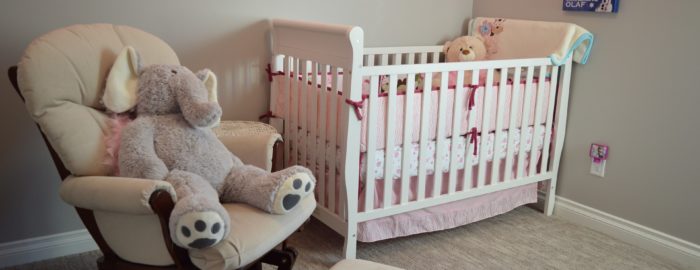It isn’t much of a secret that home appreciation has quite dramatically increased over the past two years. With that increase, most homeowners have equity. Quite often, a common way to release part of that equity is a cash-out refinance, however not all homeowners are currently eligible.
First off – what is it? A cash-out refinance is a type of loan which replaces your current mortgage by paying it off, plus an additional amount of cash for the homeowner. In most cases, lenders will consider a new mortgage of up to 80% of the home’s current value.
Normally, the rate on a cash-out refinance is slightly higher than a traditional purchase money mortgage. The rate of course depends on your credit and income, and the best interest rates are available to those borrowers with higher credit scores. Those higher credit scores tend to be over 740.
Loan-to-value can affect the rate a borrower pays also. For instance, if you have a loan-to-value mortgage of 70%, you can expect to have a lower interest rate than an 80% loan-to-value simply because there is a larger amount of equity remaining in the property. That means there would be less risk to the lender.
The homeowner can use the money any way they wish – there are no restrictions! Some common uses are home improvement, consolidating debt, other consumer needs or even investment purposes.
Eligibility Requirements as found in FNMA Selling Guide B2-1.3-03 Cash-Out Refinance Transactions
“Cash-out refinance transactions must meet the following requirements:
- The transaction must be used to pay off existing mortgages by obtaining a new first mortgage secured by the same property or be a new mortgage on a property that does not have a mortgage lien against it.
- Properties that were listed for sale must have been taken off the market on or before the disbursement date of the new mortgage loan.
- The property must have been purchased (or acquired) by the borrower at least six months prior to the disbursement date of the new mortgage loan except for the following:
- There is no waiting period if the lender documents that the borrower acquired the property through an inheritance or was legally awarded the property (divorce, separation, or dissolution of a domestic partnership).
- The delayed financing requirements are met. See Delayed Financing Exception below.
- If the property was owned prior to closing by a limited liability corporation (LLC) that is majority-owned or controlled by the borrower(s), the time it was held by the LLC may be counted towards meeting the borrower’s six-month ownership requirement. (In order to close the refinance transaction, ownership must be transferred out of the LLC and into the name of the individual borrower(s). See B 2-2-01, General Borrower Eligibility Requirements (07/28/2015) for additional details.)
- If the property was owned prior to closing by an inter-vivos revocable trust, the time held by the trust may be counted towards meeting the borrower’s six-month ownership requirement if the borrower is the primary beneficiary of the trust.
- For DU loan case files, if the DTI ratio exceeds 45%, six months reserves is required.”
Ready to sell your home? Then we should talk. I’m always available to talk to you at 703-303-4010.
I can provide Insider Information on Fairfax VA homes for sale. Get you a FREE Market Snapshot Report of Your Northern Virginia Home’s Value, or Search All Northern Virginia Homes For Sale. Put that data you need at the tips of your fingers!


